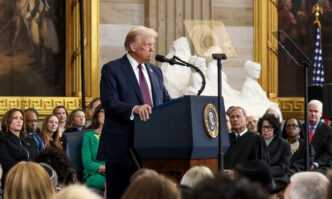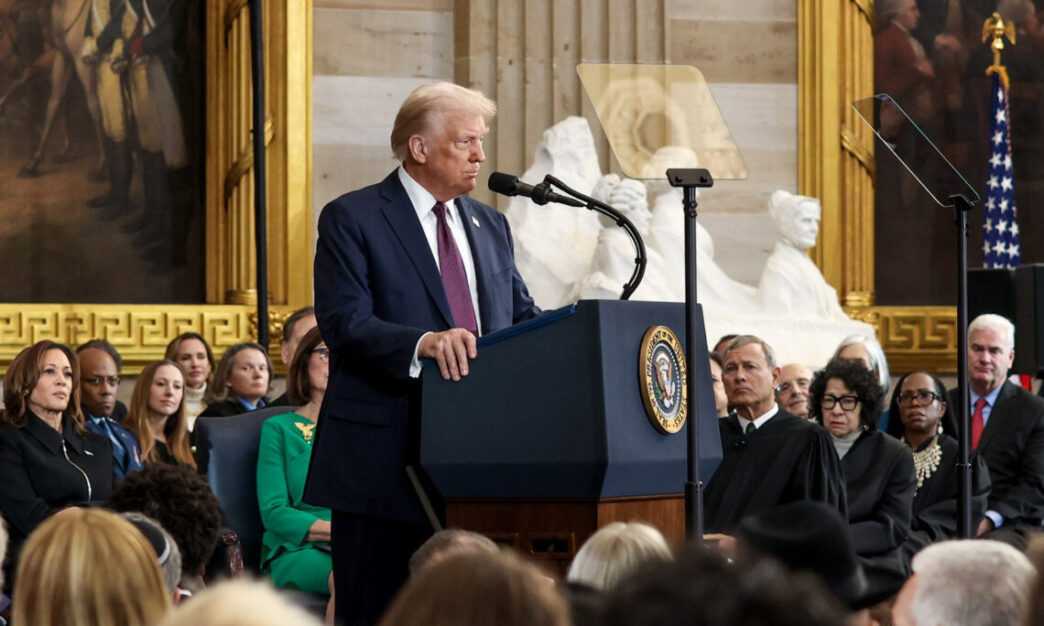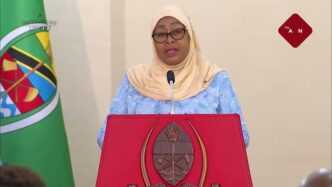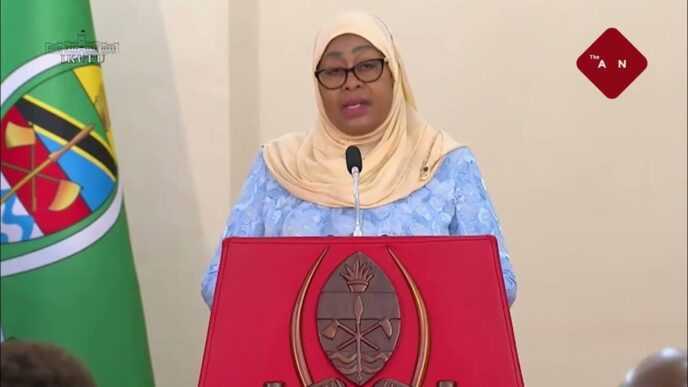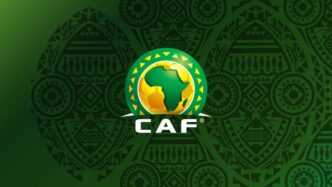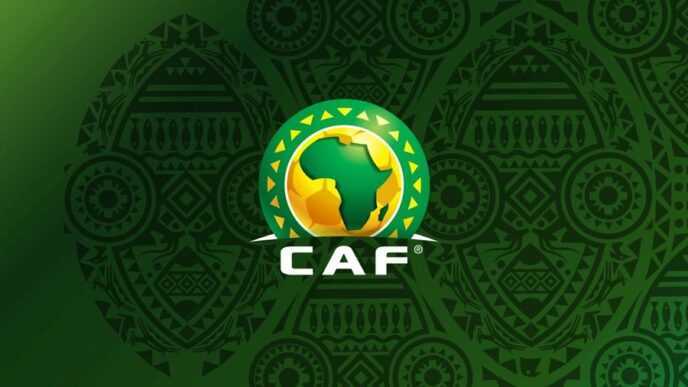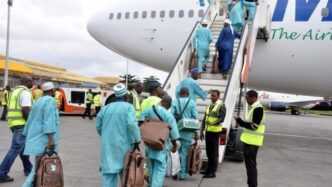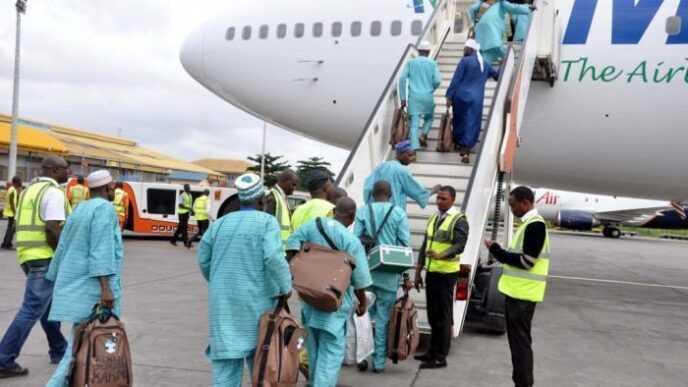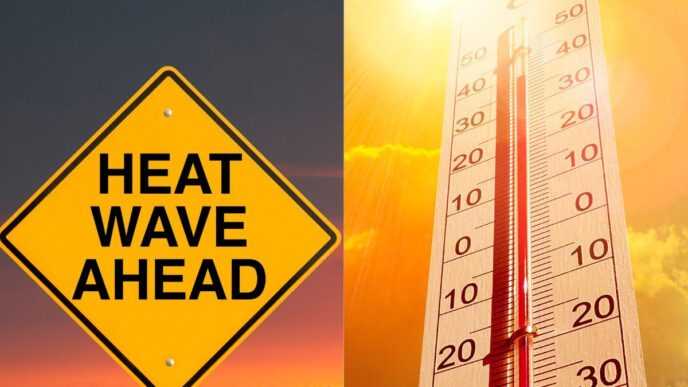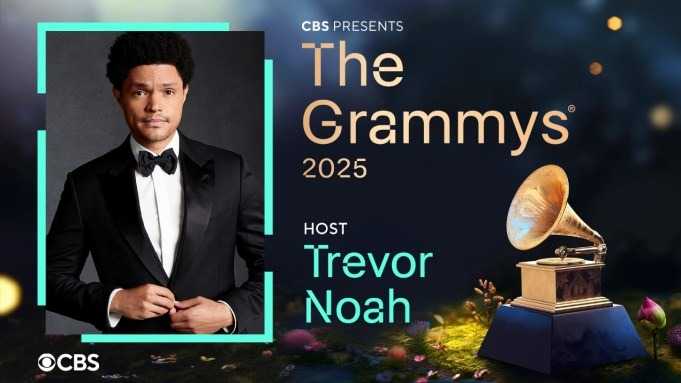President Donald Trump’s inauguration on January 20, 2025, marked a significant event in global politics. While the ceremony was attended by numerous international leaders, the representation from African nations was notably limited.
Among the few African representatives, Serge Tshibangu stood out as the sole envoy from the Democratic Republic of Congo (DRC). Appointed by President Félix Tshisekedi, Tshibangu’s attendance underscored the DRC’s intent to maintain and strengthen diplomatic ties with the new U.S. administration.
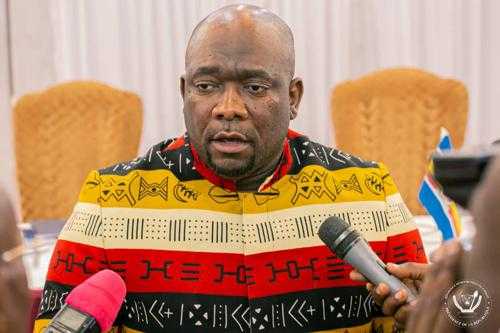
In contrast, several prominent African leaders were conspicuously absent from the event. Notably, Burkina Faso’s Captain Ibrahim Traoré and other key figures did not feature on the guest list. This absence has sparked discussions regarding the U.S. administration’s diplomatic priorities and its engagement strategy with the African continent.
The limited African presence at the inauguration has prompted analysts to question the future trajectory of U.S.-Africa relations under President Trump’s leadership. Historically, inaugural ceremonies serve as platforms for reinforcing international alliances. The exclusion of major African leaders may indicate a potential shift in diplomatic focus, raising concerns about the continent’s role in the new administration’s foreign policy agenda.
The limited African presence at President Trump’s inauguration underscores uncertainty in U.S.-Africa relations. Future diplomatic engagements will be closely watched to assess the administration’s approach to the continent.
